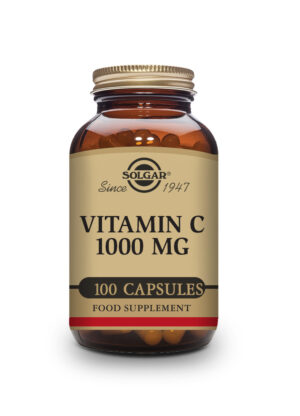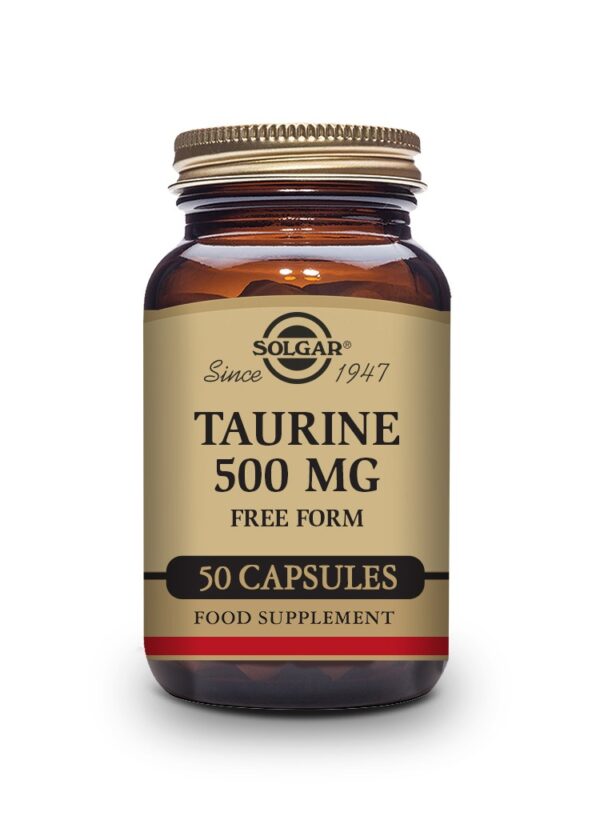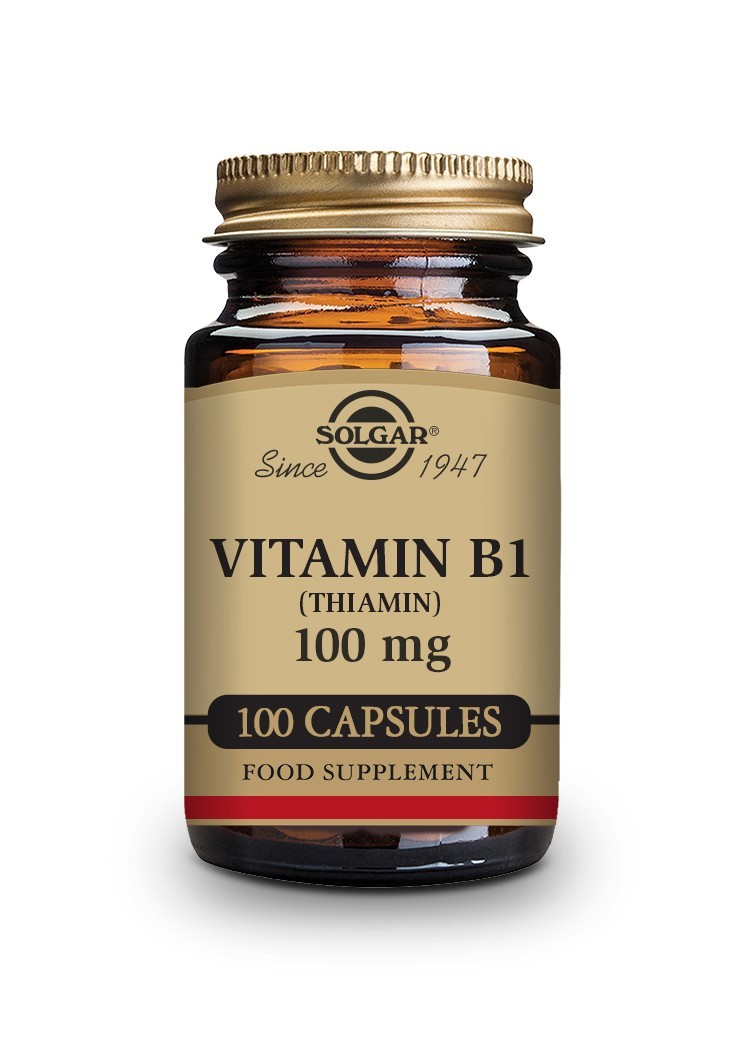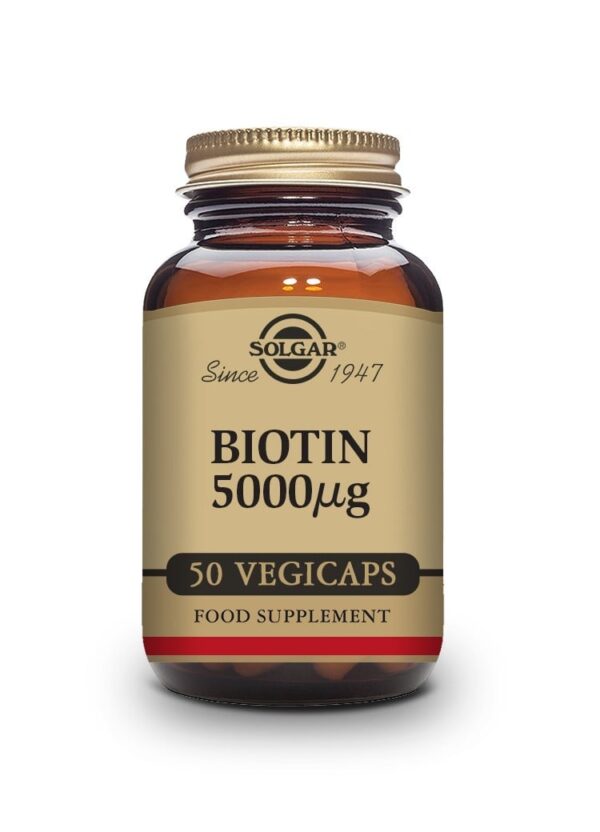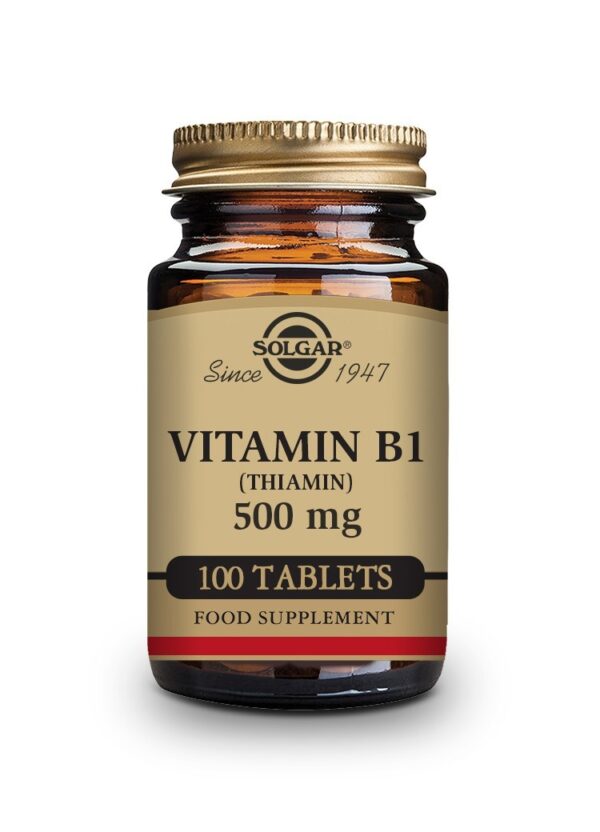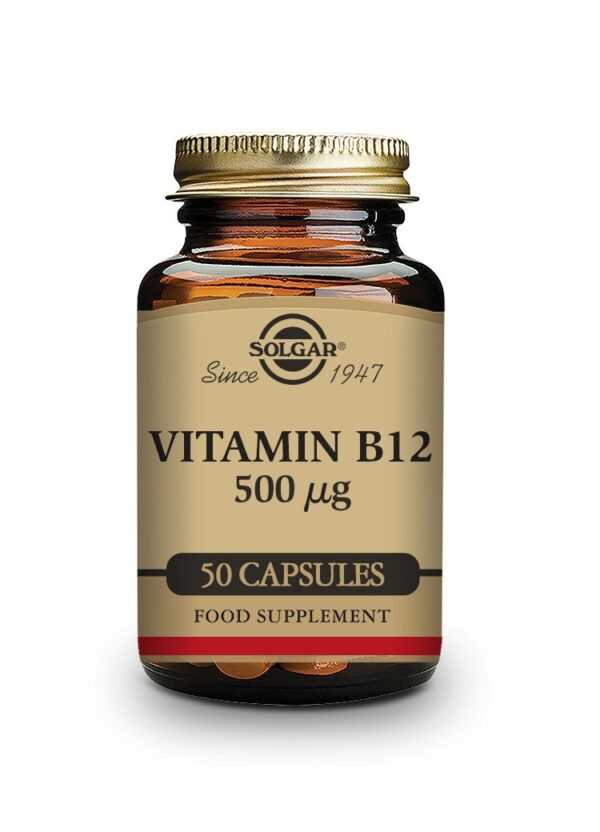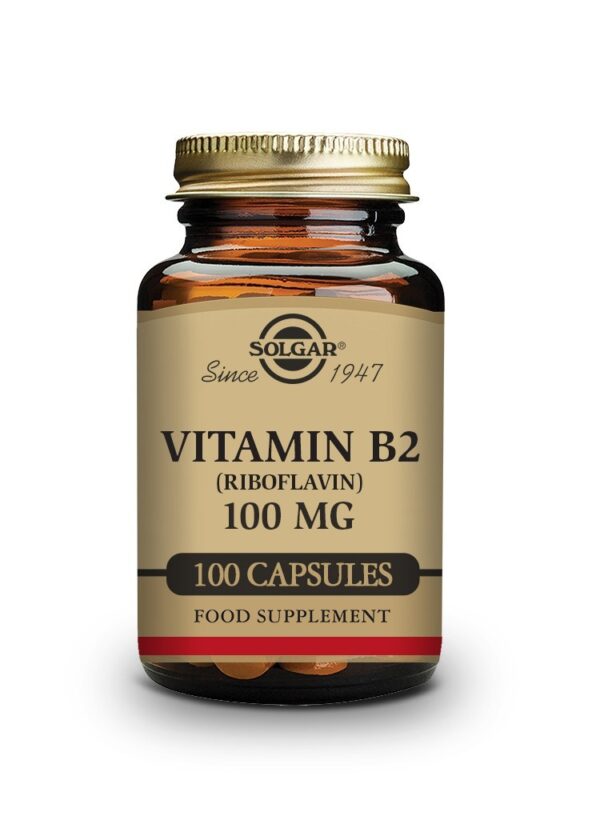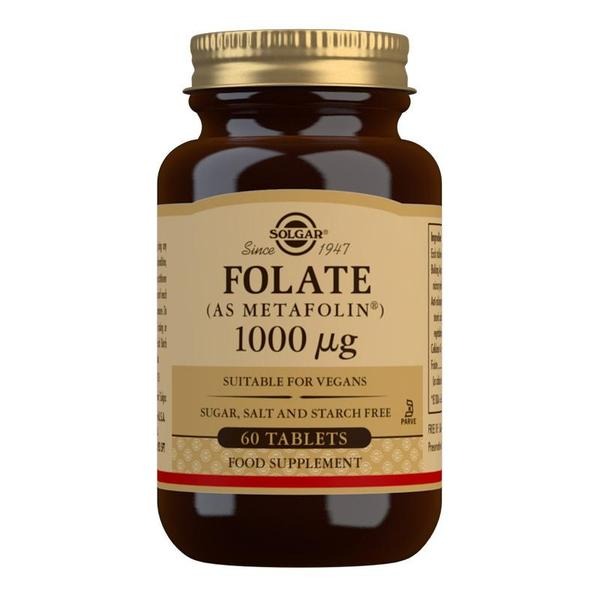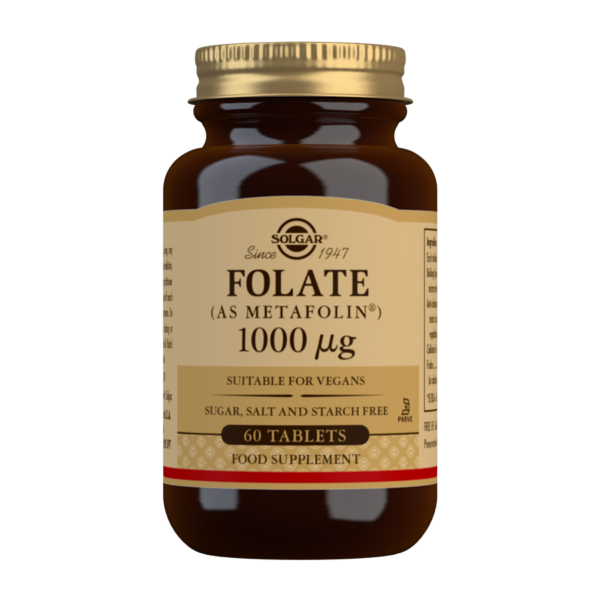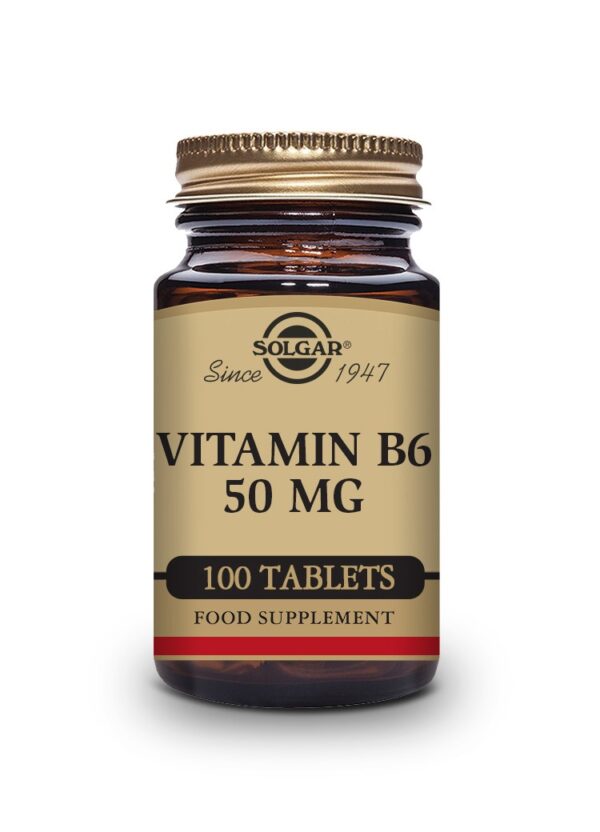Description
Vitamin B1(Thiamine)
Vitamin B1 Thiamine, is essential for every tissue in the body. It is a cofactor for enzymatic reactions in the skeletal muscles, heart, liver, kidney, and brain [1].
Vitamin B1 from food and dietary supplements is absorb by the small intestine through active transport at nutritional doses and by passive diffusion at pharmacological doses [1].
Most dietary Vitamin B1 is in phosphorylat forms, and intestinal phosphatases hydrolyze them to free thiamine before the vitamin is absorb. Humans store thiamine primarily in the liver, but in very small amounts
Functions & Benefits of Vitamin B1 Thiamine
1) Metabolism
The body needs Vitamin B1 to make ATP, the body’s main energy-carrying molecule.
Thiamine helps in the conversion of carbohydrates into glucose, which is the prefer source of energy that the body runs off of to keep your metabolism running smoothly. It also helps break down proteins and fats [3].
Thiamine is specifically need for a system of enzyme reactions called pyruvate dehydrogenase. Which works to metabolize sugars that we eat [4].
- Sugar Metabolism
- Vitamin B1 Thiamine (as thiamine diphosphate, the main active form of the vitamin) is essential to glucose metabolism [5].
- The proportion of people with type 1 or type 2 diabetes who have low thiamine ranges from 17% to 79%. That increasing Vitamin B1 intake decreases the severity of symptoms associated with early-stage diabetes [6].
- Immunity
- Like other B-complex vitamins, Vitamin B1 is sometimes called an “anti-stress” vitamin because it may strengthen the immune system and improve the body’s ability to withstand stressful conditions [7].
- Giving rats a Vitamin B1 blocker cause a significant decrease in immune system function [7].
- Brain
- Previous studies have report low levels of thiamine and pyruvate dehydrogenase dysfunction in patients with ataxia. A condition that causes loss of movement. Long-term treatment show significant improvements [8].
Vitamin B1 appears to help with the development of the myelin sheath, a coat that wraps around nerves to protect them from damage and death [9].

